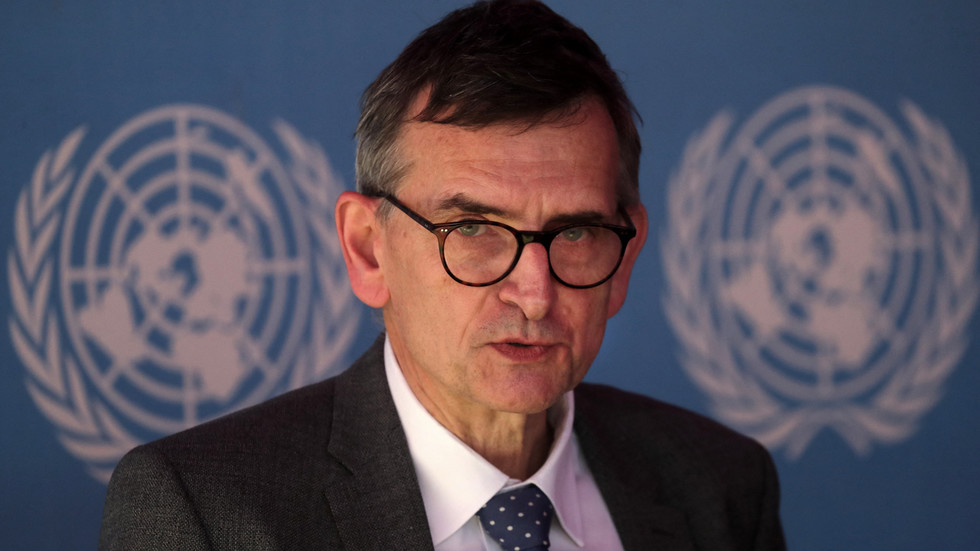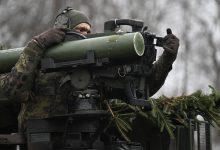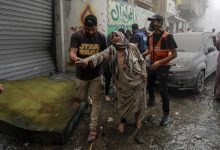
The negotiations may be held in Saudi Arabia and would prioritize a “stable and reliable” ceasefire, a UN official said
UN special representative Volker Perthes © ASHRAF SHAZLY / AFP
Sudan’s warring parties have agreed to engage in negotiations on a sustained ceasefire, the Associated Press (AP) reported on Monday, citing the UN special representative in the country, Volker Perthes.
The talks, which may take place in Saudi Arabia or South Sudan, will initially focus on establishing a “stable and reliable” truce, according to Perthes, although he warned that getting both sides to respect a ceasefire would be difficult.
He said logistical issues would need to be resolved, including the provision of safe passage through each other’s territories. “That is very difficult in a situation where there is a lack of trust,” the envoy told AP.
General Mohamed Daglo, commander of the Rapid Support Forces (RSF), reportedly told Asharq, a Saudi-based TV station, that his organization had designated its representatives for the talks. However, he emphasized the need for trust-building measures before a settlement can be reached.
Since the escalation of tensions between the Sudanese Armed Forces (SAF) and the RSF on April 15, the Sudanese Health Ministry has reported 528 deaths and 4,599 injuries in the fighting, which is now in its third week. The preliminary committee of the Sudan Doctors Union said on Tuesday that the total number of civilian deaths since the start of the clashes had risen to 447, with 2,255 civilians injured.
“There are many injuries and deaths that are not included in [these figures], and hospitals could not be accessed due to mobility difficulties and the security situation in the country,” the committee said in a statement.
Despite a series of temporary truces over the past week, fierce battles have reportedly continued in some areas, leading to the displacement of civilians and further exacerbating Sudan’s humanitarian situation.
The Sudan Doctors’ Trade Union has warned of a “total collapse of the healthcare system” in Khartoum, el-Geneina, and other cities across the country, noting that 69% of “clash zone hospitals” are no longer in operation.
The special representative of the secretary-general for Sudan and head of the UN Integrated Transition Assistance Mission in Sudan also warned of a “major humanitarian crisis” as Khartoum residents run out of food and clean water, a situation worsened by the destruction of water systems caused by fighting.
“If we don’t get a stable ceasefire… the humanitarian situation will be even worse,” Perthes said, as quoted by AP.
The World Food Program (WFP) announced on Monday that it was lifting its temporary suspension of operations in Sudan, which was imposed after three of its employees were killed in the Darfur region at the start of the conflict.




